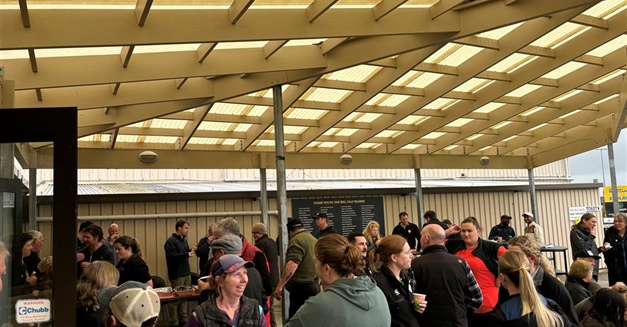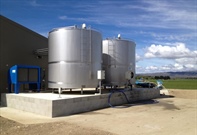 19
19
Jun
2025
Te Tai Tokerau and Waikato Rural Support are thrilled to express our sincere gratitude for the generous assistance from the Auckland Council's community wellbeing fund.

A new social impact report demonstrates the impact of the Rural Support Trust to support and strengthen rural communities.

2024-25 locations are here. Absolutely stoked to see this initiative heading into its fourth season. Starting November.

Agriculture Minister Todd McClay MP, and Rural Communities Minister
.png)
Banks are stepping up to fully fund the Farm Business Advice Fund for farmers who are under considerable business pressure, as well as continuing their sponsorship of the National Rural Support Trust.

Ag in Conversation are excited to launch a podcast series focused on Rural Women’s Mental Health.

We spend our lives growing our wealth and building our “empire”. But what happens to it when we die? We receive phone calls daily asking, “my loved one passed away, now what”.

You may have new sharemilkers, contract milker or employees on board following this year’s farm change over day. FMG suggests now’s a good time to go over with them how your milking shed works to avoid...